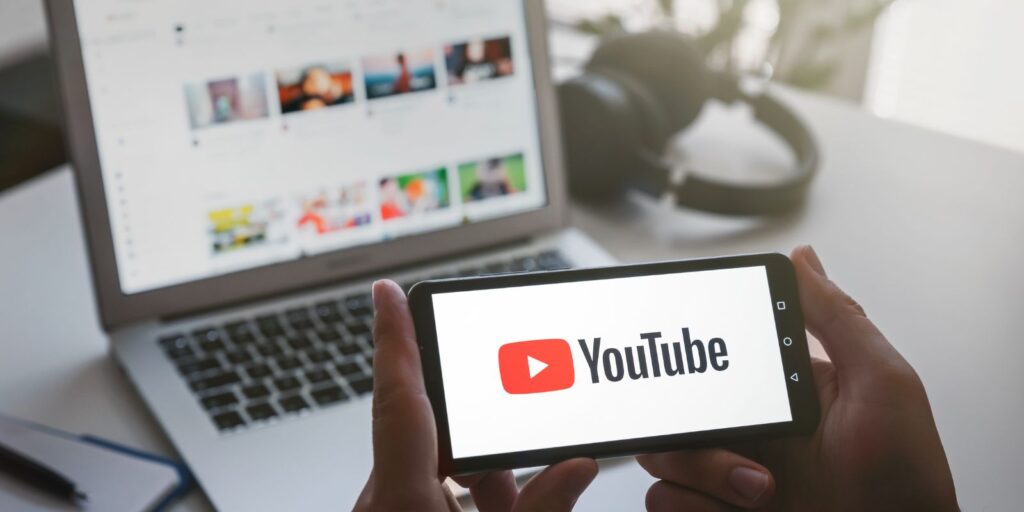You may have recently come across a video posted by Josh Gresswell concerning his dealings with Taylor Hetherington and his BMW E28 – a stunning car, by the way. As someone with years of experience in public relations, I couldn’t help but notice how this situation has all the hallmarks of a potential PR crisis.
To set the scene, Taylor Hetherington has gained significant popularity as a regular feature and presenter on the AutoAlex podcasting channel and its newer v2 channel. His profile has risen quickly, making any public dispute involving him even more visible.
I’m not here to fan the flames or dissect the nuances of the dispute. It seems that much of it has been resolved, so I won’t link to any of the videos or discussions involved. However, for context, Taylor asked Josh to carry out work on his car, with a video collaboration initially agreed as payment. The work turned out to be far more extensive than anticipated so they agreed a cost. Eventually, Josh was paid after some delays, but the story didn’t end there.
In an episode of the AutoAlex podcast, Taylor reportedly made comments about the situation that Josh felt were unsavoury and potentially harmful to his reputation. Josh, in turn, responded with his own video to provide his side of the story.
This type of public back-and-forth can quickly spiral out of control. So, what should you do if you find yourself in a similar position, whether as the initiator or the recipient of public criticism?

The PR Risks of Social Media and YouTube
Platforms like YouTube, where content is broadcast to a potentially vast audience, come with inherent risks. While these platforms empower individuals to share their stories, they also amplify the impact of any mistakes or harmful statements.
- Defamation Risks
- Any false statement that harms another person’s reputation can be considered defamatory, opening the door to legal repercussions. In the UK, defamation law is particularly strict and can lead to costly claims if the affected party can prove damage to their reputation or livelihood.
- Reputational Damage
- Publicly criticising someone can backfire, damaging your own reputation as much as your target’s. You risk being perceived as unprofessional or vindictive, which can alienate your audience or potential collaborators.
- Long-Term Impact
- While the heat of the moment may feel justified, online content lives on. Even after a dispute is resolved, the content remains searchable and can reignite tensions long after the dust has settled.
What Should You Do If You’ve Made a Defamatory Statement?
If you find yourself in a situation where your public comments could be construed as defamatory or unfair, swift and decisive action is essential:
- Remove the Content
- Delete any offending videos or comments immediately to minimise harm and prevent further dissemination.
- Issue a Public Apology
- Acknowledge the mistake and apologise sincerely. Be clear that the comments were untrue or taken out of context, but avoid repeating the defamatory remarks in your apology.
- Reach Out Privately
- Contact the affected party directly to apologise and discuss how to move forward. A personal conversation can often help de-escalate tensions.
- Consider Legal Advice
- If the situation has escalated, consult a solicitor experienced in defamation law to understand your rights and responsibilities.
- Learn and Move Forward
- Familiarise yourself with platform guidelines and relevant laws to avoid repeating the mistake. Transparency and accountability go a long way in rebuilding trust.
How to Handle Being Defamed
If you’re on the receiving end, as Josh may feel in this situation, it’s important to act rationally:
- Document Everything Save copies of the defamatory statements and any relevant communications. This can be crucial if you decide to take legal action.
- Seek Resolution Consider reaching out privately before escalating the matter. A public response should only be a last resort and done with care to avoid inflaming the situation further.
- Focus on Your Reputation Continuing to deliver quality work and maintain professionalism can often counteract any damage caused by others’ words.
Lessons from the Taylor and Josh Situation
While both parties may initially feel justified in their actions, once the issue enters the public domain, it can quickly become complicated and risk damaging the reputations of both individuals. Although airing grievances publicly may provide a sense of relief, it is rarely the most advisable approach.
For those in the public eye or building a brand, the stakes are even higher. A single comment or video can undermine years of hard work. Whether you’re Josh, Taylor, or simply a bystander learning from their experience, the lesson is clear: think carefully before speaking publicly about disputes, and always prioritise resolution over retaliation.
As they say, today’s drama is tomorrow’s forgotten story, but the consequences of poorly handled PR can linger far longer.

